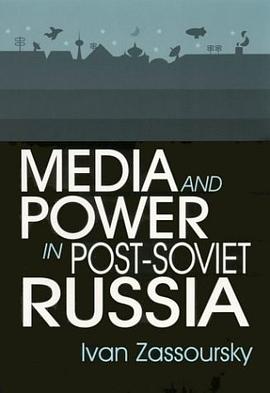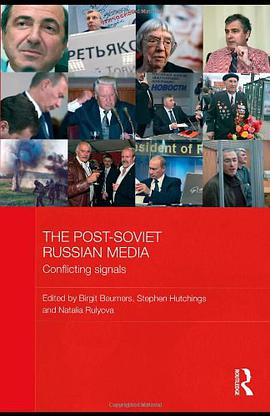Media and Power in Post-Soviet Russia 豆瓣
作者:
Zasoursky, Ivan
M E Sharpe Inc
2003
- 10
This book describes the rise of independent mass media in Russia, from the loosening of censorship under Gorbachev's policy of glasnost to the proliferation of independent newspapers and the rise of media barons during the Yeltsin years. The role of the Internet, the impact of the 1998 financial crisis, the succession of Putin, and the effort to re-impose central power over privately controlled media empires mark the end of the first decade of a Russian free press. Throughout the book there is a focus on the close intermingling of political power and media power, as the propaganda function of the press in fact never disappeared, but rather has been harnessed to multiple and conflicting ideological interests. More than a guide to the volatile Russian media scene and its players, Media and Power in Post-Soviet Russia poses questions of importance and relevance to any functioning democracy.

